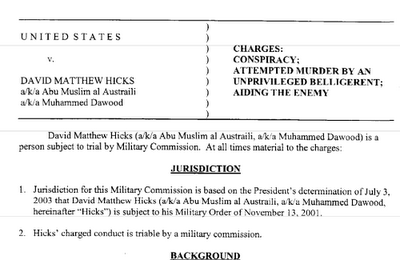 Divided responsibilities - Monty broods in I Confess
Divided responsibilities - Monty broods in I ConfessBeen engaging in some heavy reading of late - in science, in psychology and philosophy of religion, in moral psychology and philosophy. Also faced with and trying to avoid heavy issues re Lebanon, Hezbullah and terrorism. So, for a break, some reviews.
Have recently - actually not so recently - seen a couple of Hitchcock films, of varying quality.
I Confess came out in 1953 and took full advantage of Montgomery Clift's capacity to convey the quiet intensity of a priest bearing the burden of a murderer's confession. However the plot has a few gigantic holes, and the improbabilities drop the whole thing down to B level, IMHO.
Clift is Father Michael Logan, who finds that a man named Keller (O E Hasse) - whom he knows well - has stolen into his church late one night. Logan enters the church and confronts Keller, who wishes to make a confession. He's murdered a local identity by the name of Villette, apparently inadvertently, while robbing him. Hitchcock cleverly shifts the scene of Keller's confession midway through, from the confessional box to his own home (or perhaps rooms in the priest's house, for he's a refugee whom Father Logan seems to have taken in, as both he and his wife appear to work around the house), where he unburdens himself before his distraught and anxious wife Alma (Dolly Haas).
In the scenes that follow, Keller reveals himself as a real slimebucket, and I felt uncomfortable about the demonisation of this vaguely mid-European refugee. What's more, it's a bit hard to sort his manipulative nature with his confession. However, as it happens, a revealed connection between Villette and Logan offers Keller an opportunity to pin the blame on the priest. Too convenient to be quite convincing, I find - but you can choose to let go of the wobbly plot and wallow in the black and white camera work, the abounding shadows and crosses, the twitches in the corners of Clift's mouth, the awkword love scenes with the equally fascinating Anne Baxter (but now I'm confusing characters with the actors who play them). Clift is particularly watchable, in an understated, unAmerican way. Witness the look on his face when forced to meet and greet Keller, knowing what he knows.
The film's ending was particularly absurd, for mine. After some courtroom drama, Logan is found not guilty of the murder of Villette, with the jurors taking pains to explain that there wasn't sufficient evidence to convict. The judge begs to differ with the verdict; nevertheless, Logan walks free. The hostile crowds outside underline that this is an O J Simpson-style decision - Logan's life will never be the same. It's all too much for Frau Keller - she breaks away from her husband and rushes to Logan and the detectives surrounding him. Clearly she's about to divulge the secrets of
her confessional, but before she can do so, her husband shoots her - in full view of this huge crowd. Somehow, though, he escapes undetected
, until he’s tracked down – to a theatre. Logan approaches him, revealing his courage to all (apparently it was under question) and is only saved from certain death by a well-aimed shot from a pursuing policeman, which strikes Keller in the shoulder. Ridiculously, Keller leans on his wounded arm against the stage and goes on expatiating upon his crimes and misdemeanors, in a scene as hammy as anything in the unintentionally hilarious Howard Hughes vehicle, The Outlaw (released in the same year). I must say something about that worthy film soon.
A film [I Confess, I mean] worth watching from the perspective of mood, performance and photographic texture, but spoiled by a defective narrative and a few too many melodramatic gestures.Labels: film




